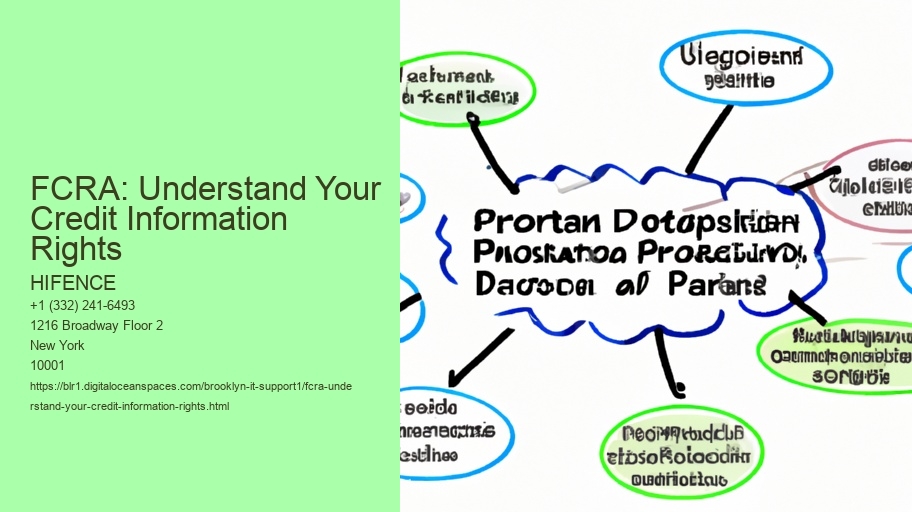Okay, lets talk about the FCRA, or the Fair Credit Reporting Act. It might sound like a dry, legal thing (and technically, it is), but its actually super important for protecting your financial well-being. Basically, the FCRA is all about making sure the information thats used to make decisions about you – things like whether you get approved for a loan, a credit card, an apartment, or even a job – is fair, accurate, and private.
Think of it this way: your credit report is like a financial resume.
FCRA: Understand Your Credit Information Rights - managed it security services provider
- managed it security services provider
- managed service new york
- managed service new york
- managed service new york
- managed service new york
- managed service new york
- managed service new york
- managed service new york
- managed service new york
- managed service new york
One of the most crucial rights the FCRA provides is the right to access your credit report.
FCRA: Understand Your Credit Information Rights - managed service new york
Speaking of accuracy, the FCRA also gives you the right to dispute errors on your credit report. If you find something thats incorrect (maybe a late payment that you actually made on time, or an account that isnt yours), you can file a dispute with the credit bureau and the company that provided the information. Theyre then obligated to investigate and correct the error if its indeed inaccurate. This is key because even small errors can negatively impact your credit score (which directly affects your ability to get good interest rates or be approved for various things).

Beyond accuracy, the FCRA also addresses the issue of privacy. It limits who can access your credit report and for what purposes. Generally, permissible purposes include things like applying for credit, insurance, or employment. A company cant just pull your credit report out of curiosity (thats a big no-no). The FCRA also dictates how long negative information can stay on your report. For example, most negative information (like late payments) can only stay on your report for seven years, and bankruptcies for ten.
Furthermore, if youre denied credit, insurance, or employment based on information in your credit report, the FCRA requires the company to provide you with an "adverse action notice." This notice tells you why you were denied and provides the name and contact information of the credit bureau that supplied the information. This gives you the chance to review your report and correct any errors that may have contributed to the denial.
In short, the FCRA is a powerful tool that empowers you to understand and control your credit information.
FCRA: Understand Your Credit Information Rights - managed service new york
- managed services new york city
- check
- managed services new york city
- check
- managed services new york city
- check
- managed services new york city
- check
- managed services new york city
FCRA: Understand Your Credit Information Rights - managed it security services provider
- managed service new york
- managed services new york city
- check
- managed service new york
- managed services new york city
- check
- managed service new york
